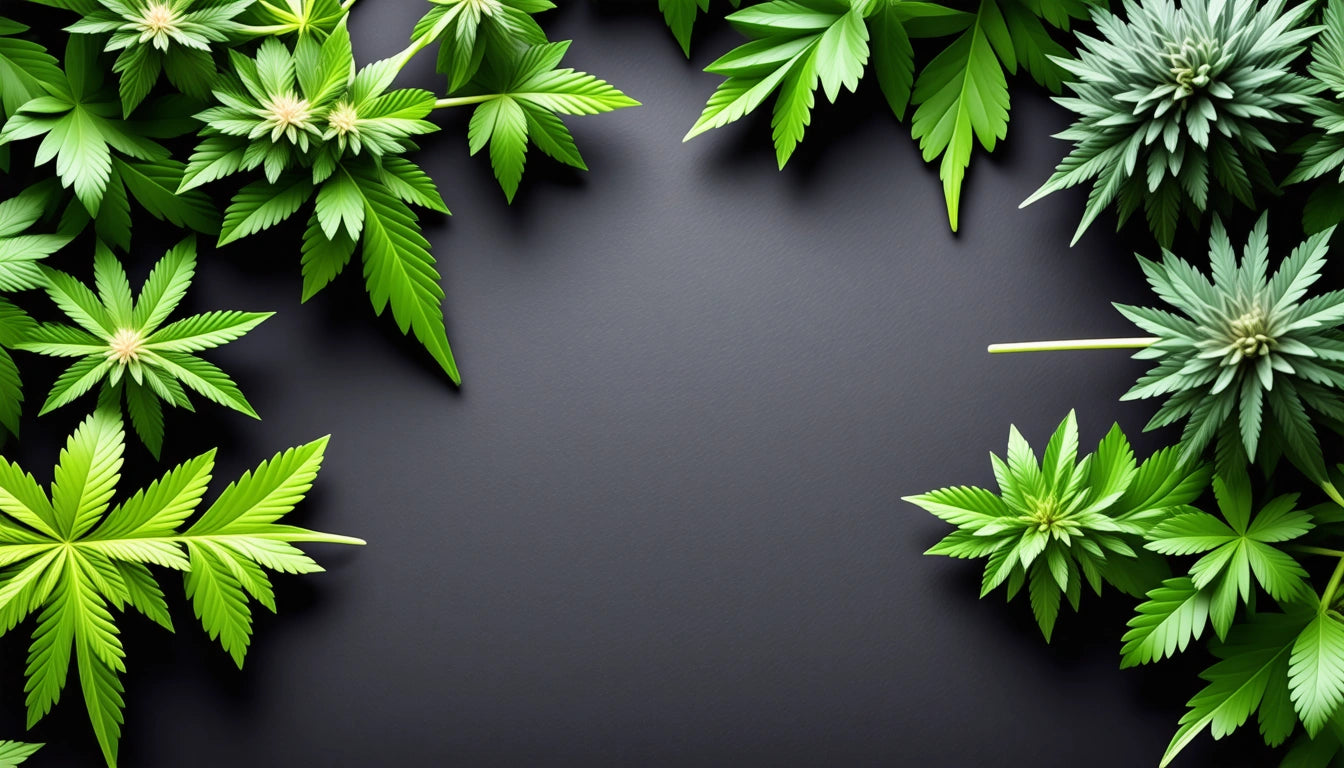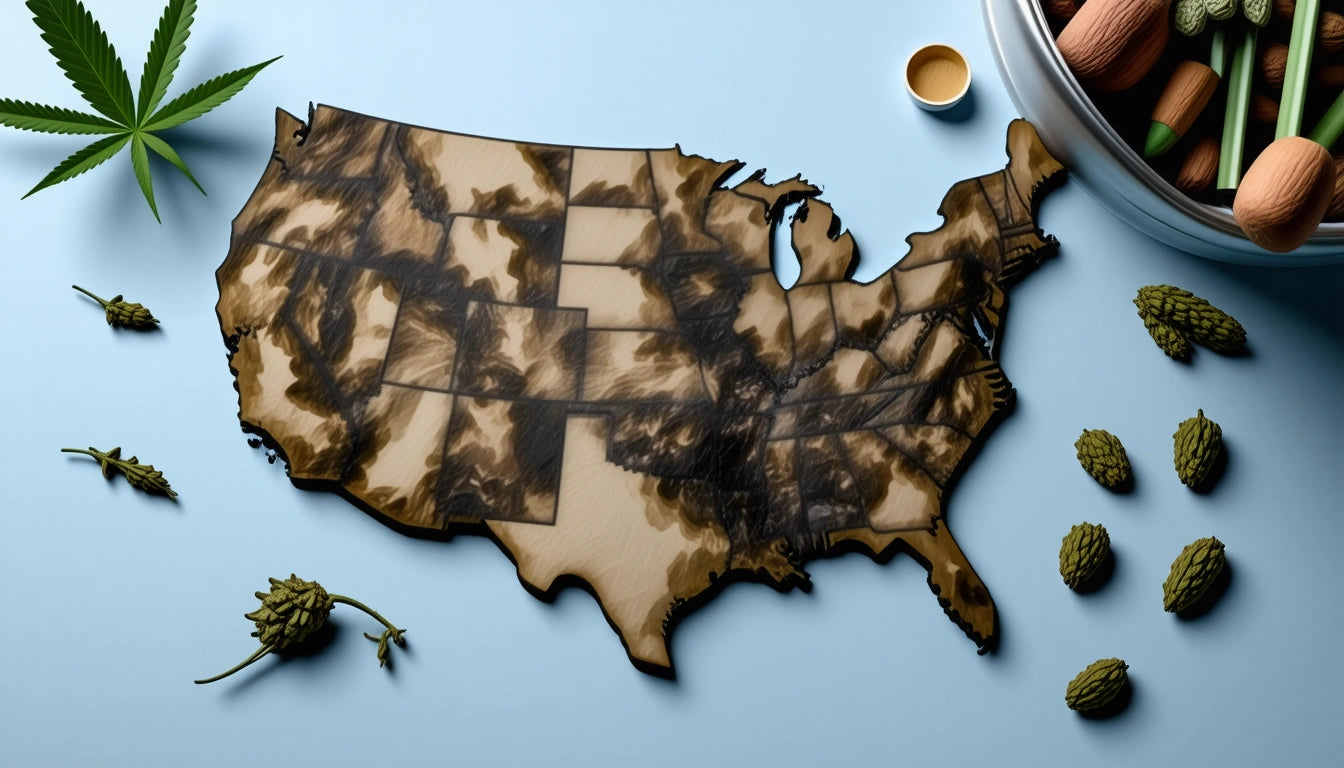Table of Contents
- Minnesota's Cannabis Landscape: Current Legal Framework
- License Types and Requirements for Cannabis Cultivation
- The Application Process for Minnesota Cultivation Licenses
- Facility and Operational Requirements
- Compliance and Regulatory Considerations
- Career Paths in Minnesota Cannabis Cultivation
- Resources and Support for Aspiring Cultivators
Guide to Becoming a Licensed Cannabis Cultivator in Minnesota
The path to becoming a legal cannabis grower in Minnesota requires navigating specific regulations, understanding application procedures, and meeting strict compliance standards. With Minnesota's evolving cannabis laws, knowing how to obtain a grower's license is essential for anyone looking to enter this growing industry. This guide provides a comprehensive roadmap for aspiring cultivation professionals in the North Star State.
Minnesota's Cannabis Landscape: Current Legal Framework
Minnesota legalized medical cannabis in 2014 through the Minnesota Medical Cannabis Act, with significant updates in recent years expanding the program. Understanding the current regulatory environment is the first step for anyone wondering how to become a legal medical grower in Minnesota.
The Office of Medical Cannabis (OMC) within the Minnesota Department of Health oversees the medical cannabis program, including licensing for cultivation facilities. Currently, Minnesota operates under a limited licensing model, with restrictions on the number of cultivation licenses available.
License Types and Requirements for Cannabis Cultivation
Minnesota offers several pathways for those interested in how to get a grower's license, depending on the scale and purpose of cultivation:
Medical Cannabis Manufacturer License
This comprehensive license covers cultivation, processing, and distribution of medical cannabis products. Requirements include:
- Significant capital investment (typically $500,000+)
- Detailed business plan and financial projections
- Security protocols and facility specifications
- Background checks for all principals and employees
Cultivation Technician Positions
For those wondering how to become a cultivation technician rather than a license holder:
- Requires employment with a licensed manufacturer
- Background check clearance
- Specialized training in cannabis cultivation
- Compliance with all regulatory requirements
The Application Process for Minnesota Cultivation Licenses
The journey to becoming a legal grower in Minnesota involves several critical steps:
1. Pre-Application Preparation
Before applying, prospective licensees should:
- Form a legal business entity (LLC, corporation, etc.)
- Secure sufficient capital funding
- Identify suitable property for cultivation
- Develop comprehensive business and operational plans
2. Formal Application Submission
The application package must include:
- Completed application forms
- Application fees (non-refundable)
- Business formation documents
- Financial statements and funding verification
- Criminal background check authorization
- Facility plans and security protocols
3. Review and Approval Process
Applications undergo rigorous evaluation, including:
- Initial completeness review
- Technical merit assessment
- Background investigations
- Interviews with principals
- Site inspections
As outlined in this state-by-state guide to obtaining cultivation licenses, the timeline from application to approval can range from 6-18 months depending on state-specific factors.
Facility and Operational Requirements
Understanding facility requirements is crucial for those learning how to become a legal medical grower in Minnesota. Cultivation facilities must meet stringent standards:
Security Measures
- 24/7 video surveillance
- Access control systems
- Intrusion detection
- Secure product storage
Environmental Controls
- HVAC systems with appropriate filtration
- Temperature and humidity monitoring
- Light cycle automation
- Water management systems
Compliance Infrastructure
- Seed-to-sale tracking systems
- Laboratory testing capabilities or partnerships
- Proper storage for compliant packaging components like child-resistant containers that prevent unauthorized access
- Waste management protocols
The facility design must prioritize both security and production efficiency while maintaining strict compliance with state regulations.
Compliance and Regulatory Considerations
Ongoing compliance is essential for maintaining your cultivation license. Key areas include:
Record Keeping
Cultivators must maintain detailed records of:
- All cultivation activities
- Inventory management
- Employee training
- Security incidents
- Transportation manifests
Testing Requirements
All cannabis products must undergo laboratory testing for:
- Cannabinoid potency
- Pesticide residue
- Heavy metals
- Microbiological contaminants
- Residual solvents (for concentrates)
Reporting Obligations
Regular reporting to the Office of Medical Cannabis includes:
- Monthly production reports
- Sales data
- Adverse event reporting
- Security breach notifications
As this guide for medical marijuana providers explains, maintaining impeccable compliance records is critical for license renewal and avoiding penalties.
Career Paths in Minnesota Cannabis Cultivation
For those interested in how to become a cultivation technician or other roles in the industry:
Entry-Level Positions
- Cultivation Assistant
- Trimmer
- Packaging Technician
- Inventory Specialist
Advanced Cultivation Roles
- Master Grower
- Cultivation Manager
- Propagation Specialist
- Pest Management Coordinator
Related Professional Opportunities
- Compliance Officer
- Quality Assurance Manager
- Extraction Technician
- Facility Director
According to this career guide for the cannabis industry, cultivation roles often require a combination of agricultural knowledge, regulatory understanding, and attention to detail.
Resources and Support for Minnesota's Cannabis Entrepreneurs
Aspiring cultivators should leverage available resources to navigate the complex licensing process:
Educational Resources
- Industry certification programs
- Cultivation-specific training courses
- Compliance workshops
- Business planning resources
Professional Services
- Cannabis-focused attorneys
- License application consultants
- Security planning specialists
- Facility design experts
Industry Networking
- Minnesota Cannabis Association
- Industry trade shows and conferences
- Cultivation-focused online forums
- Mentorship opportunities
The path to becoming a legal cannabis grower in Minnesota requires persistence, attention to detail, and substantial preparation. By understanding the regulatory framework, preparing thoroughly for the application process, and maintaining strict compliance standards, aspiring cultivators can position themselves for success in this growing industry. As Minnesota's cannabis program continues to evolve, staying informed about regulatory changes and industry best practices will be essential for long-term success.











Leave a comment
All comments are moderated before being published.
This site is protected by hCaptcha and the hCaptcha Privacy Policy and Terms of Service apply.